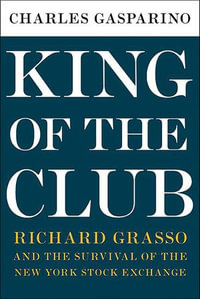The author has teamed up with Chat GPT to then provide a new paradigm shift in Economic Policy that can take guide from Sociology of Diversity and therefore provides a framework where Diversity would define tangible economic outcomes while diversity is representative of heterogenous economic outcomes that may need new policy approach that not only relies on income centric measures of economic development but the policy should as well accommodate heterogeneity as strength through application of social characteristics and identifications like dignity, trust, ethics and kindness. For example, if the economic system can preserve dignity for the segments of populations who earn less than dollar a day and therefore, they are considered to be economically impoverished, that dignity is rather more relevant variable of progress. Similarly, a policy that would result from smart diplomatic strategy and smart governance method can result in trust among multiple stakeholders, that may lead to far greater economic benefits and may result in finding new trading partners to then transform a country into high export oriented one and therefore, trust may be more relevant variable in International Diplomacy than the rules to define and manage global trade representing the work of World Trade Organization. Similarly, more than democracy, it is building trust among national institutions and between all private and public sector stakeholders that would simultaneously represent consumers and voters would be far important variable to create political stability even in less than democratic nations. Chinese example in this respect is one of the most important and unique examples where China may have benefitted from globalization because trust not only represents its political governance approach despite being less than democratic but China has been able to earn trust among all international stakeholders through smart diplomacy and thereby China is the exporting hub of the world. While ethics would represent one of the most important variables for business competitive defining the future framework of multinationals, while ethics represents one of the most evolved governance structures to manage international economy and politics and thereby represents one of the most important characteristics for business leaders and political leaders. The book provides a lucid account of history of Industrialization to make a case how traditional societies centuries ago would utilize metaphysical and sociological understanding of their scientific quest to then create one of the most innovative approaches to Economics.

























